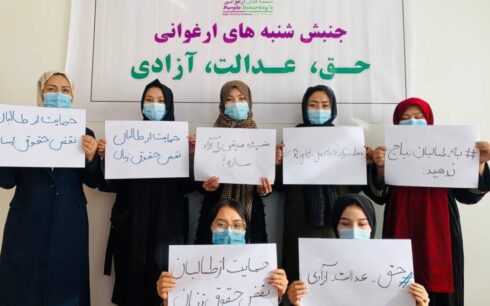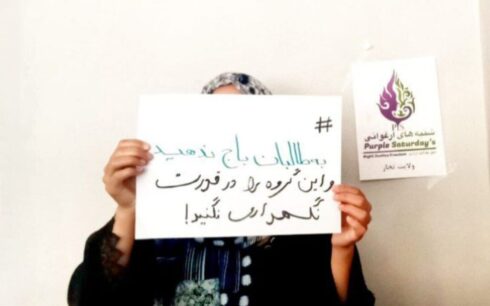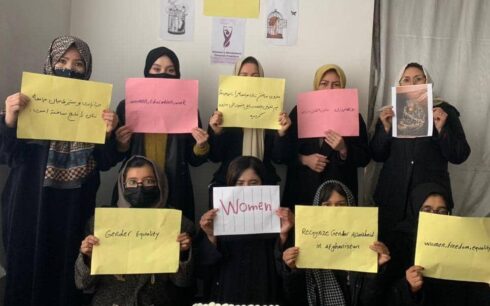The United States Department of State, in its 2023 Human Rights Report, has highlighted a significant deterioration in women’s rights in Afghanistan.
The report details various aspects of human rights abuses, noting that Taliban edicts have further restricted women’s access to education and employment, effectively confining them increasingly to domestic roles.
The Department of State observed that no Taliban decree or directive concerning women and girls’ education or work was reversed or softened over the year.
Rather, the Taliban promulgated new edicts that contradict existing Republic-era laws and Afghanistan’s obligations under international conventions, the report says.
The report enumerates significant human rights issues in Afghanistan, including credible reports of extrajudicial killings, severe physical abuse, harsh and life-threatening prison conditions, unjust detentions and abductions, including enforced disappearances, and extensive civilian harm in conflicts. These conflicts have involved unlawful recruitment or use of children in armed conflict by both the Taliban and ISIS-K.
Further, there are serious problems with the independence of the judiciary, arbitrary or unlawful interference with privacy, and punishment of family members for alleged offenses of a relative. The report also highlighted serious restrictions on freedom of expression and media, including violence against journalists and censorship, severe restrictions on internet freedom, and substantial interference with freedoms of peaceful assembly and association.
The Taliban and ISIS-K reportedly engaged in child recruitment and used child soldiers younger than 12. Armed groups, including Taliban members, threatened, robbed, kidnapped, and attacked foreigners, medical and nongovernmental organization workers, and other civilians. The Taliban has been implicated in killings of individuals associated with the pre-August 2021 government.
Respect for the Integrity of the Person
Reports indicate that Taliban and ISIS-K members committed arbitrary and unlawful killings, often in retaliation against officials from the former government. The UN Special Rapporteur and multiple human rights groups corroborated these accounts.
Violence Against Former Government Officials and Security Forces
UNAMA documented at least 800 human rights violations against former government officials and members of the Afghan National Defense and Security Forces from the Taliban takeover until June 30, focusing on killings, enforced disappearances, unjust arrests, detentions, severe physical abuse, and threats.
Prison Conditions
Prison and detention center conditions were reported as harsh and life-threatening, exacerbated by inadequate food, hygiene supplies, and prevalent physical abuse. A UN report covering January 1, 2022, to July 31, 2023, detailed more than 1,600 human rights violations relating to arrests and detentions, with about 50% involving physical abuse.
Arbitrary Arrests and Detentions
Despite the Taliban’s general amnesty announced in August 2021, there were widespread reports of unjust detentions. The Afghan Independent Journalists Union reported the arbitrary arrest of three journalists on August 11, without any provided reasons.
Internet and Media Freedom
The Taliban’s restrictions on media included blocking internet access and censoring online content. They monitored communications aggressively and imposed internet blackouts to suppress dissent. On social media, they circulated edicts that further restricted freedoms, such as a proposal to ban Facebook circulated on June 26.
Political Prisoners
The Taliban detained numerous political prisoners, often without legal basis. Reports estimated that up to 90% of all prisoners detained since the Taliban’s return to power were political prisoners, including those affiliated with the pre-August 2021 government.
Property Seizures and Displacement
Forced evictions and property seizures, particularly against Hazara communities, were prevalent. Homes were destroyed, and lands were confiscated as part of broader campaigns to displace these communities, the report says.
Overall Conditions and International Response
The report underscores a widespread disregard for the rule of law and highlights official impunity for those responsible for human rights abuses. International bodies and human rights organizations have expressed grave concerns over the Taliban’s actions, which significantly hinder the fundamental human rights and freedoms in Afghanistan.





